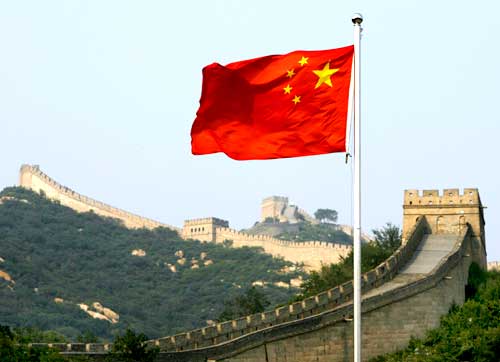Markey, who earlier held the South Asia portfolio at the policy planning bureau at the US State Department, said, both the nations "are dependent upon their economic relationship with China more so than they are on each other. And the weight of that economy tie back to China is if anything increasing."
For Rediff Realtime News click here
Thus, he argued that "no matter what the political, diplomatic, moral or other considerations that may draw India and the United States close together, they will both have to remain cognizant of the fact that there is something else that China offers that neither of them right now offer each other."
"Trade and economic interests with China simply swamp those between India and the United States," he said, and consequently argued, "what you see is this tension in the US-India relationship, and you see it in two different ways."
Markey said, "You see it in the question of whether if push were to come to shove, they could count on each other or the allure of the China market or on the hold that China has over their economies. More so, the United States than India at this stage, will win out. This is a fundamental challenge to strategic cooperation between our two countries."
He recommended that with regard to China, "The more that India and the United States can think about their economic leverage with China as something that they can combine and think about as an area of cooperation in their dealings with China, the more potential there will be there."
Harsh Pant, a lecturer in international relations at King's College, London, said the lack of coherence vis-à-vis China was largely because "there has been some ambivalence in Washington in signaling India what America wants in its relations with China."
He argued that "Washington has gone from talking of G-2 to thinking of a more muscular response and this ambivalence has been reflected in India's own response to China and recently it has become more muscular."
Pant also pooh-poohed statements that have assumed a regular refrain -- that the US and India are natural allies. "If they were natural allies, the alliance would have happened long back," he said, and argued that "it's a relationship that can be made more productive, and the strategic vision that the US and India have still remains poles apart. You need dialogues at multiple levels to bridge that gap."
He said the US-India partnership "can only achieve its full potential if the hard security issues that both sides care about are put on the table and both sides are honest about their expectations of the other side."
Pant said, "India, of course, has to do a lot. It has to start acting as a rising power as many in Washington would like it to. Washington also has to understand some of the core security concerns that India has." He said he was "not convinced that the two countries are on the right track in terms of harmonising this relationship."










